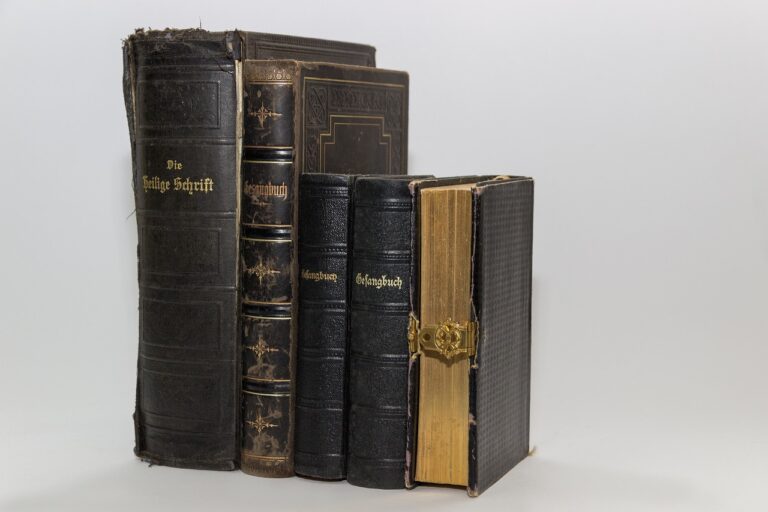Exploring Authentic Assessment Approaches in Project-Based Learning: Sky247login, 11xplay, Playexch 99
sky247login, 11xplay, playexch 99: Exploring Authentic Assessment Approaches in Project-Based Learning
Project-based learning (PBL) is a student-centered instructional approach that provides opportunities for learners to engage in real-world, meaningful projects. In PBL, students work collaboratively to explore complex problems, develop solutions, and present their findings to an authentic audience. As educators embrace PBL as a pedagogical strategy, the need for authentic assessment approaches becomes paramount to evaluate students’ learning effectively. Let’s delve into some methods for authentic assessment in project-based learning.
1. Rubrics
Rubrics are a valuable tool for assessing student work in project-based learning. By outlining specific criteria for evaluation, rubrics provide students with clear expectations and help teachers gauge the quality of student performance. Rubrics can be used for both formative and summative assessment, enabling continuous feedback and reflection throughout the project.
2. Peer feedback
Incorporating peer feedback into the assessment process allows students to receive insights from their classmates. Peer feedback promotes collaboration and communication skills, as students learn to provide constructive criticism and support to their peers. This approach encourages a growth mindset and fosters a sense of community within the classroom.
3. Presentations
Presentations are a common assessment method in project-based learning, allowing students to showcase their work to an authentic audience. By requiring students to effectively communicate their findings, presentations assess not only content knowledge but also presentation skills, creativity, and critical thinking. Presentations provide students with an opportunity to demonstrate their learning in a meaningful and engaging way.
4. Portfolios
Portfolios serve as a comprehensive collection of student work throughout a project, showcasing their progress and growth over time. Portfolios allow students to reflect on their learning journey and provide evidence of their achievements. By curating a portfolio of their work, students can take ownership of their learning and engage in self-assessment.
5. Authentic assessments
Authentic assessments mirror real-world tasks and challenges, requiring students to apply their knowledge and skills in practical contexts. By designing assessments that simulate authentic experiences, educators can evaluate students’ ability to transfer their learning to new situations and solve complex problems. Authentic assessments encourage critical thinking, creativity, and innovation.
6. Self-assessment
Self-assessment empowers students to reflect on their learning and evaluate their own progress. By setting goals, monitoring their performance, and assessing their strengths and weaknesses, students develop metacognitive skills and self-regulation. Self-assessment promotes student agency and fosters a sense of responsibility for their own learning.
FAQs
Q: How can educators ensure the authenticity of assessments in project-based learning?
A: Educators can enhance the authenticity of assessments by aligning them with real-world tasks, incorporating interdisciplinary perspectives, and providing opportunities for students to collaborate with external partners.
Q: What are the benefits of using authentic assessment approaches in project-based learning?
A: Authentic assessment approaches promote student engagement, foster deeper understanding of content, develop transferable skills, and prepare students for success in the 21st-century workforce.
In conclusion, authentic assessment approaches play a crucial role in evaluating student learning in project-based learning. By implementing diverse assessment methods such as rubrics, peer feedback, presentations, portfolios, authentic assessments, and self-assessment, educators can effectively evaluate students’ performance and promote meaningful learning experiences. As educators continue to explore innovative ways to assess student learning, authentic assessment approaches remain essential in nurturing students’ critical thinking, collaboration, and creativity skills.







